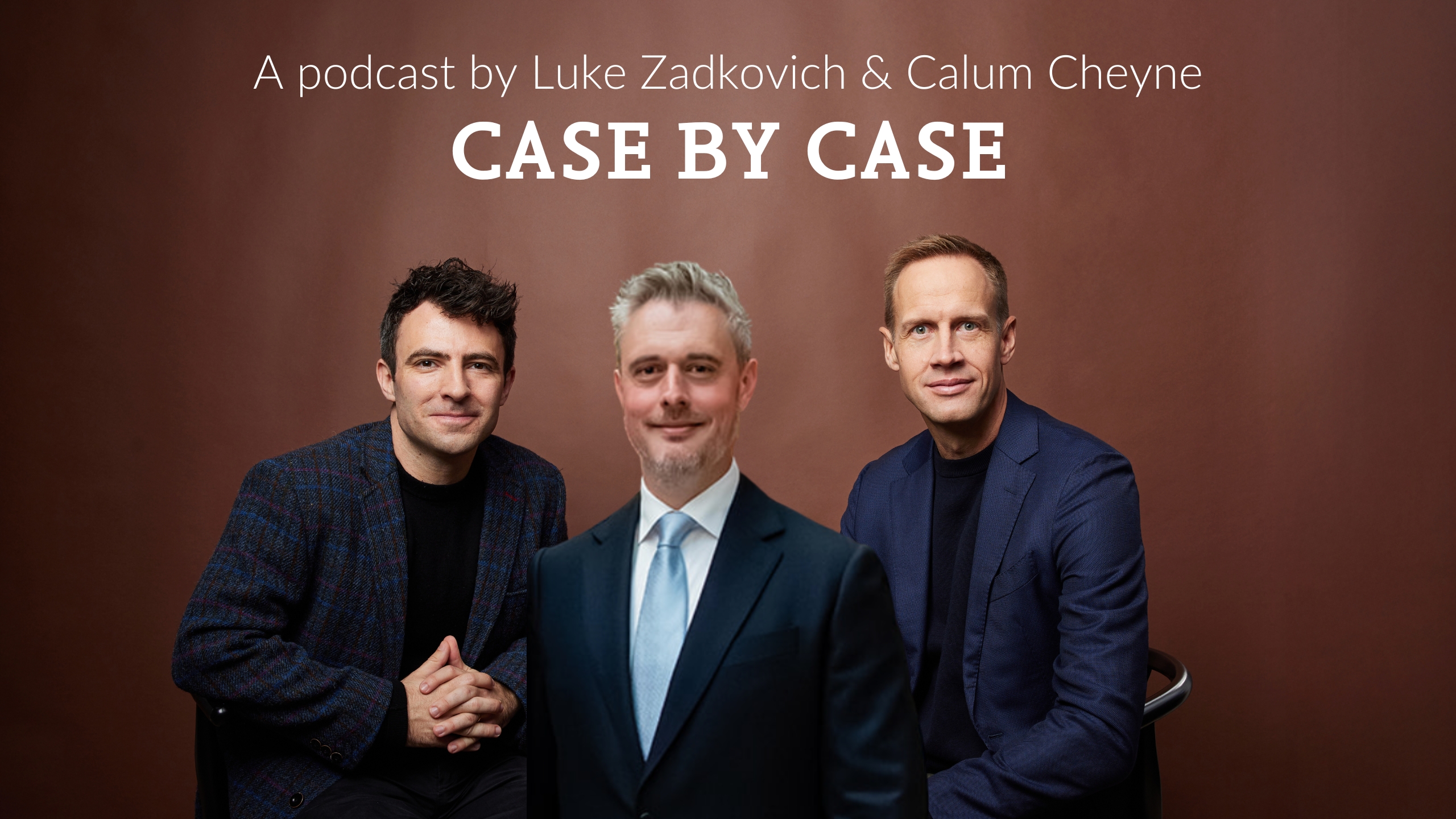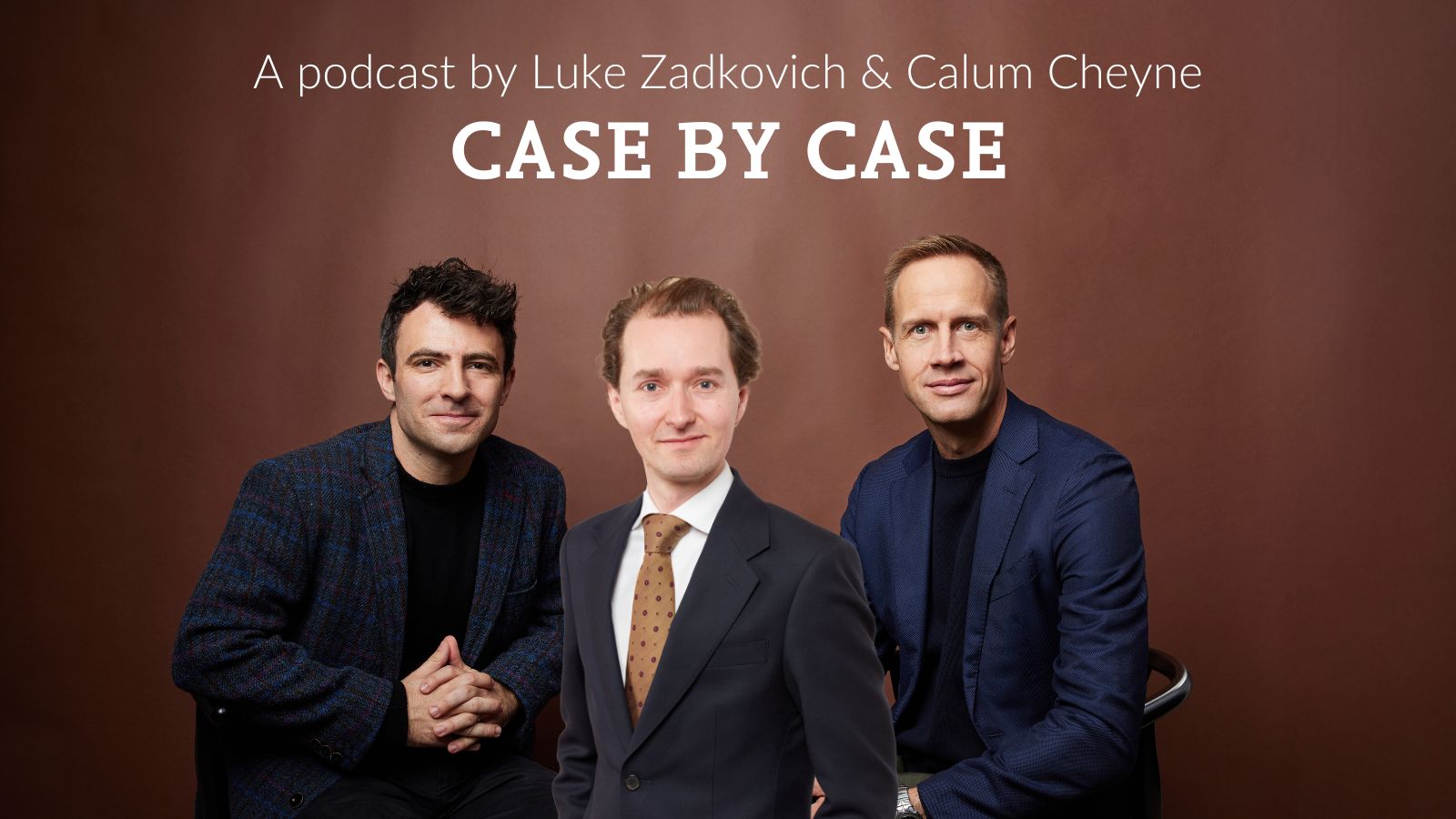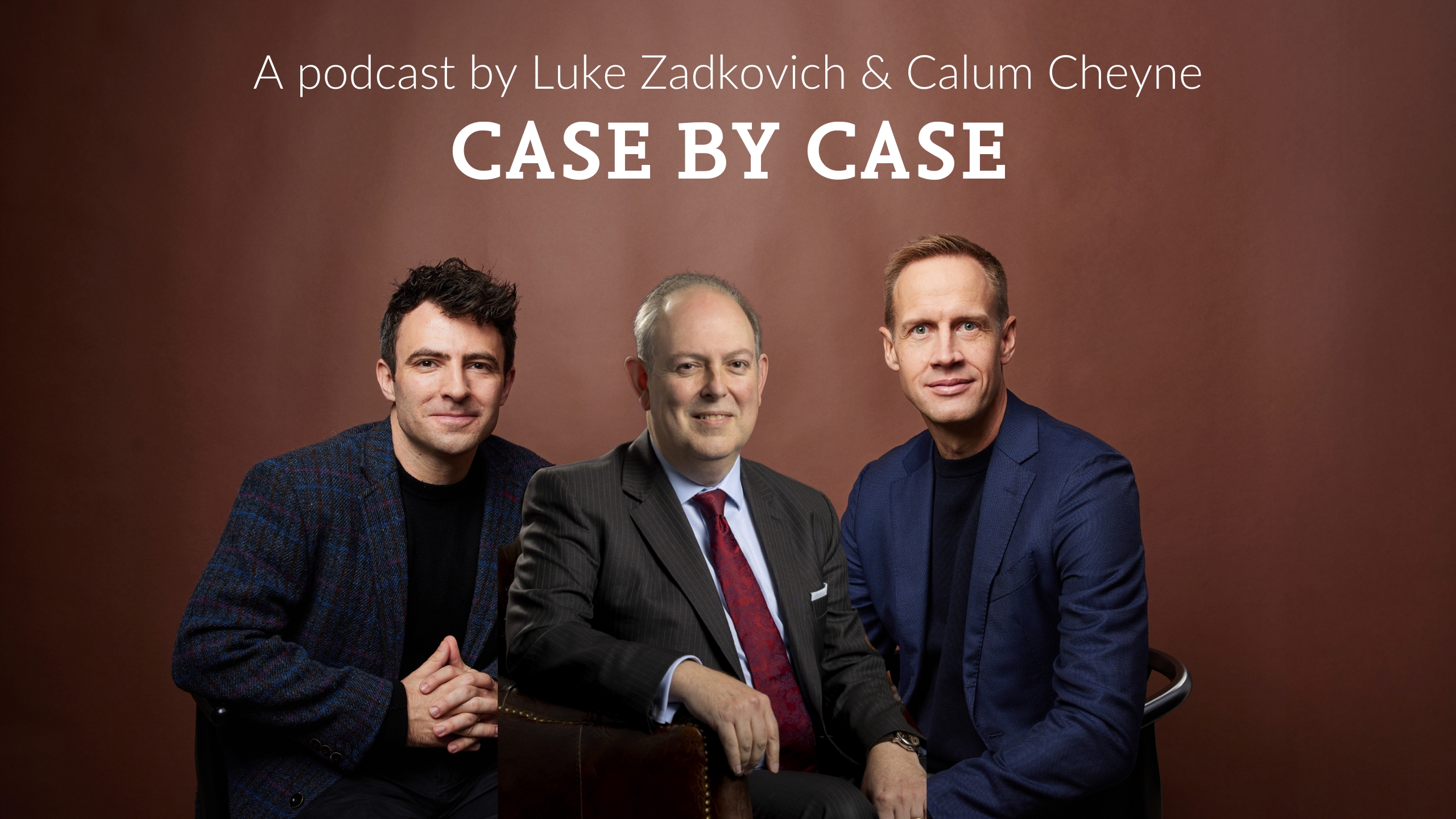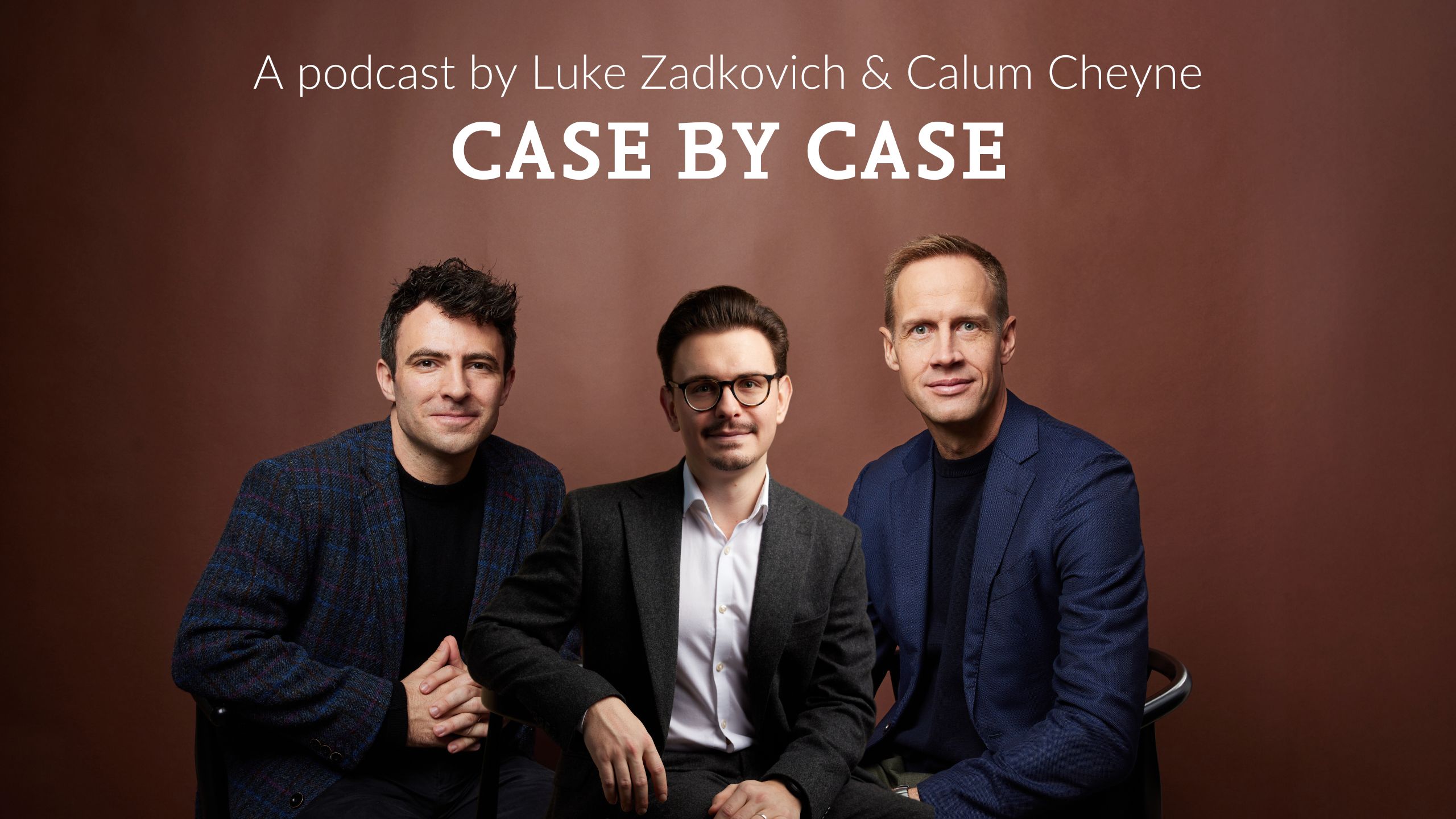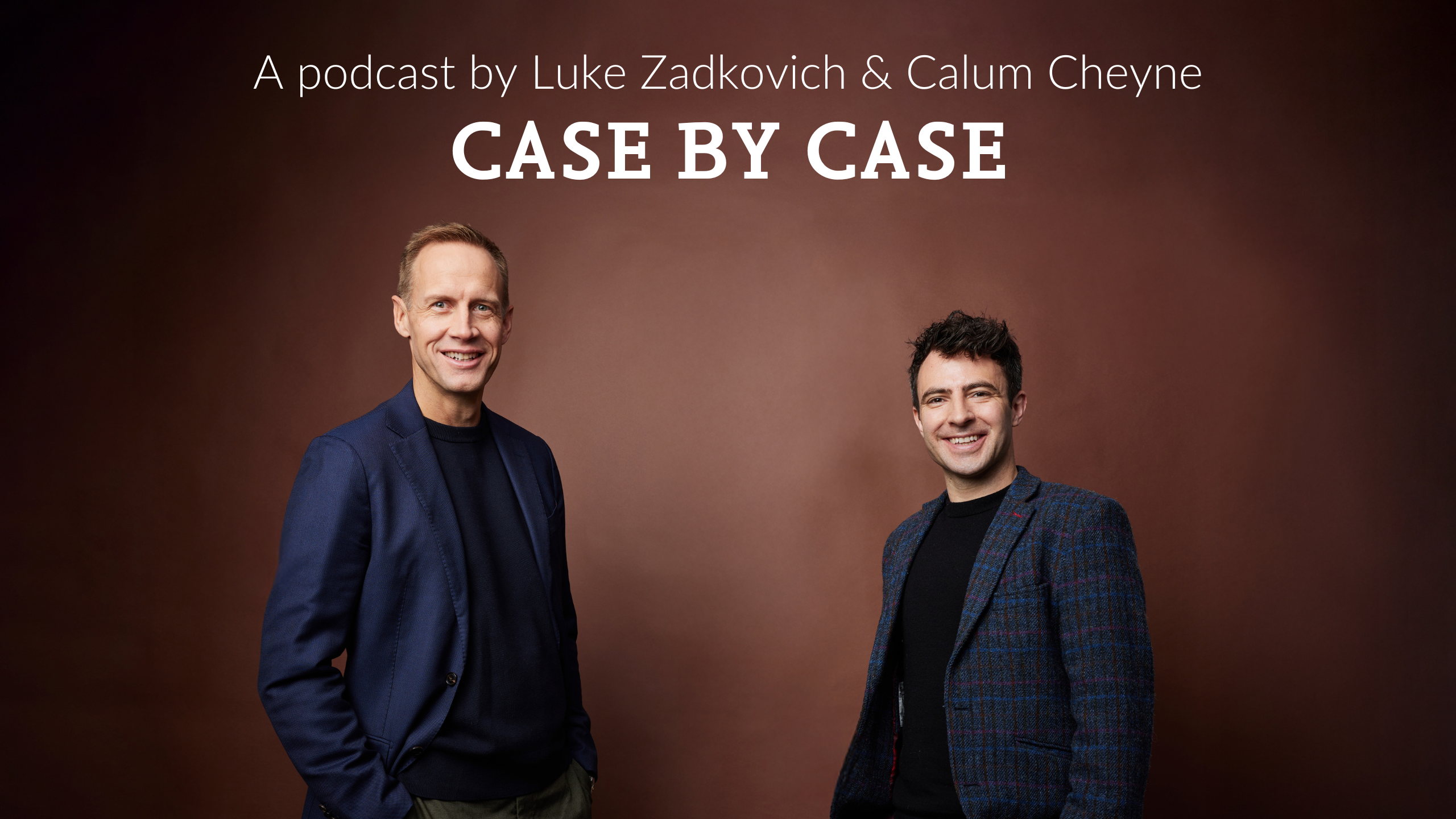Case: Logix Aero Ireland Ltd v Siam Aero Repair Company [2025] EWHC 1283 (KB)
Guest: Matt McGhee of Twenty Essex Chambers
This week, Luke Zadkovich and Calum Cheyne delve into the subjects of fraud and agency, as they are joined by Matt McGhee (Twenty Essex Chambers), to discuss the High Court decision Logix Aero Ireland Ltd v Siam Aero Repair Company [2025] EWHC 1283 (KB).
The background to this case is unfortunate, but not unfamiliar. The buyer, Logix Aero Ireland Ltd (“Logix”), and the seller, Siam Aero Repair Company (“Siam”) were negotiating via email for the sale and purchase of two aircraft engines. Unbeknownst to either party, a fraudster had inserted themselves into the parties’ correspondence. Both parties continued to correspond with the fraudster, all the while thinking that they were communicating with the other. A Letter of Intent, and a final fraudulent invoice was produced, and Logix transferred what it thought to be the purchase price into an account provided by the fraudster. Suffice to say, the money was never seen again, and nor were the engines.
Logix sought remedy in an action against Siam. In response to Logix’s Claim Form and Particulars of Claim, Siam applied for strike out, sought a reverse summary judgment, and applied for indemnity costs. Following this, Logix provided a draft Amended Particulars of Claim, substantially revising the structure of the claim. It was agreed that the strike out application would be decided on the basis of these draft Amended Particular of Claim.
Logix contended that: (i) a binding contract for the sale and purchase of the engines had been concluded; and (ii) Siam had breached their contractual confidentiality obligations, by (albeit unknowingly) providing information to the fraudster.
The argument that a binding contract had been formed was rejected by Willimas J. This issue ultimately turned upon whether the fraudster had apparent authority to act on behalf of Siam in negotiations. Her Honour held that no representation, by words or conduct, had been made by to convey authority of this kind.
The second argument, that Siam had breached its confidentiality obligations, was also rejected. Noting that the fraud ‘worked’ because both parties passed what might have been considered confidential information to the fraudster, Williams J decided that Logix’s loss was caused by the fraudster, and not Siam.
Guided by her Honour’s reasons, Luke, Calum and Matt dissect the principles of agency and authority, along with boilerplate confidentiality clauses. In doing the trio consider the very real issue of fraud in international commercial transactions with a practical eye, discussing various procedural points in relation to claim formation, and contractual drafting.
